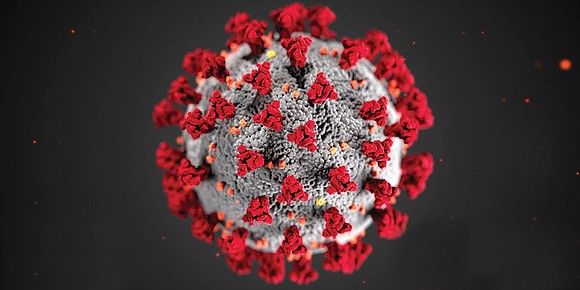Clinical trial takes place locally for COVID-19 vaccine
George Copeland Jr. | 10/15/2020, 6 p.m.
With more than 216,000 deaths and more than 7.8 million people infected from COVID-19, work continues to produce a vaccine, including in Virginia, which is part of a new clinical trial.
The local study is being conducted by the Virginia Research Center on the Bon Secours St. Francis Medical Center campus in Chesterfield County and is sponsored through a collaboration between BioNTech SE and Pfizer.
Officials said the study is focused on randomized, observer-blind comparisons of the effects of two vaccines, BNT162b1 and BNT162b2, on participants against a placebo through low to high dose injections in a series of phases.
The first phase focuses on identifying preferred vaccine candidates and dose levels. The last two phases are an expanded look at groups of people and the efficacy of the vaccines, with BNT162b1 being used for Phase 2 and BNT162b2 being used solely for Phase 3.
Participants for the study have been sought through recent advertisements in newspapers, including the Richmond Free Press. Participants will receive either the experimental vaccine or placebo during their first and second office visits, with a total of six office visits for all involved.
Participants selected for the trial must be between age 18 and 85, in good health and not pregnant. They also cannot ever have tested positive for COVID-19, officials said.
Due to the nature of the study, demographic informa- tion on the participants has not been provided, leaving it unclear whether the study has attracted a variety of people in terms of age, race and gender.
This could prove to be a critical point for this vaccine and the VRC’s study, given COVID-19’s significant impact on African-American and Latinx communities.
Drug makers stress the importance of minority groups participating in the trials to assess the side effects and efficacies of the vaccines.
Several clinical trials in the United States have been halted because of problems, including neurological illnesses suffered by participants.
The local study is set to run until Dec. 11, 2022.
The VRC’s study is part of 166 other studies in locations around the globe.







